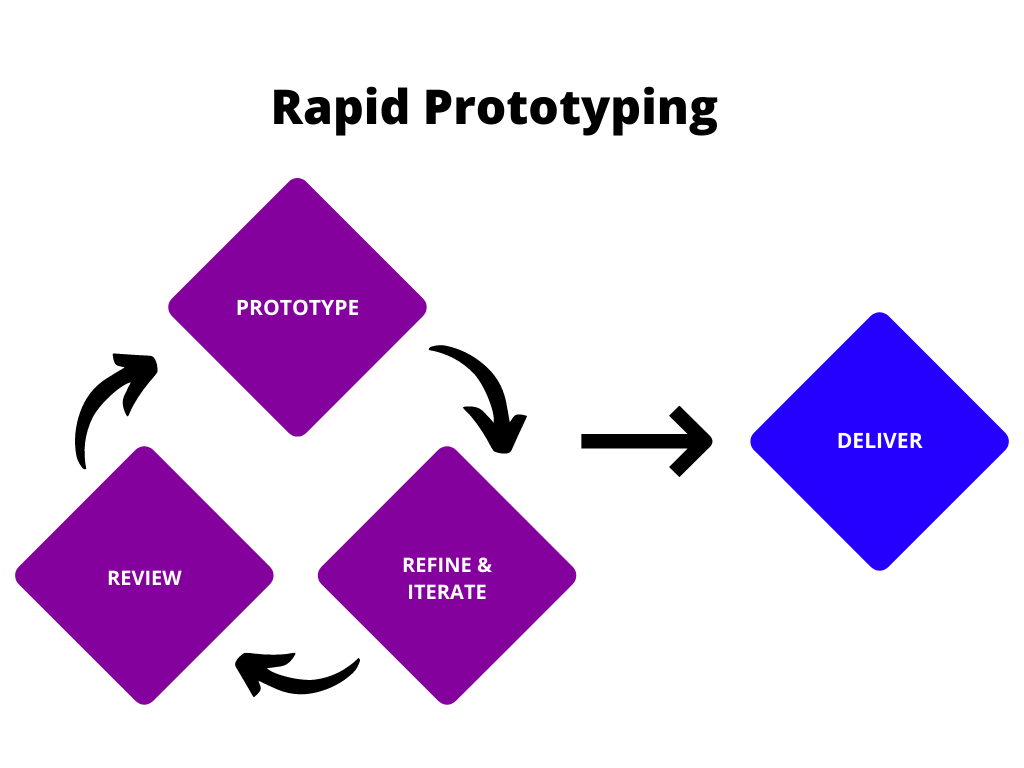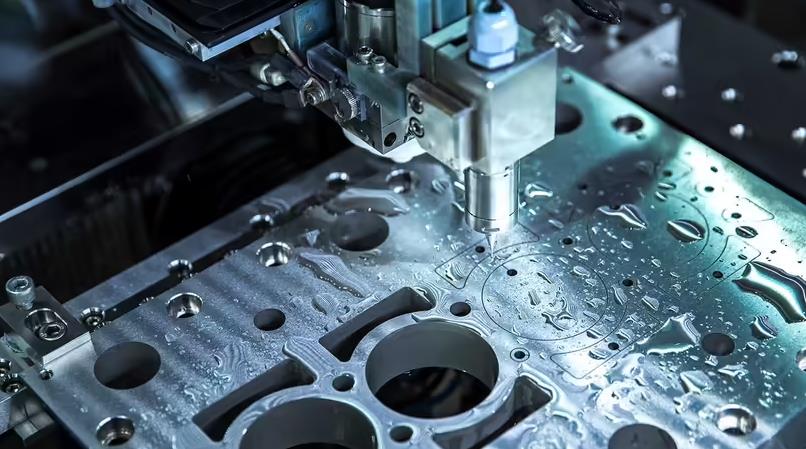- Feb 28, 2024
Rapid prototyping, a cornerstone of modern product development, offers numerous benefits, including accelerated design cycles, reduced costs, and enhanced innovation. However, like any manufacturing process, rapid prototyping comes with its own set of challenges. In this article, we'll explore some of the key challenges associated with rapid prototyping, particularly within the realm of rapid prototyping services and companies, with a focus on CNC rapid prototyping.
Complexity of Designs: One of the challenges faced by rapid prototyping services and companies is dealing with increasingly complex designs. As designers push the boundaries of what's possible, rapid prototyping technologies must keep pace to accurately replicate intricate geometries and fine details.
Material Selection: Choosing the right materials for rapid prototyping can be challenging. Rapid prototyping services must offer a diverse range of materials to meet the needs of various industries and applications, balancing factors such as strength, flexibility, heat resistance, and cost.
Accuracy and Precision: Achieving the desired level of accuracy and precision can be challenging, especially with large or intricate parts. Rapid prototyping companies must continually refine their processes and calibrate their equipment to ensure that prototypes meet the specified dimensional tolerances.
Surface Finish: Surface finish is crucial for many prototypes, particularly those intended for visual or functional testing. Rapid prototyping services must employ techniques to minimize surface roughness and imperfections, such as post-processing treatments or advanced printing technologies.
Speed and Lead Times: While rapid prototyping aims to expedite the product development cycle, tight deadlines and fast turnaround times can pose challenges for rapid prototyping companies. Balancing speed with quality is essential to meet client expectations without compromising on the integrity of the prototypes.
Cost Management: Rapid prototyping can be cost-effective compared to traditional manufacturing methods, but costs can still add up, especially for large or complex projects. Rapid prototyping services must carefully manage expenses related to materials, equipment maintenance, labor, and overhead to remain competitive.
Integration with Traditional Manufacturing: Integrating rapid prototyping with traditional manufacturing processes can be challenging. Rapid prototyping companies must ensure seamless transition from prototyping to production, addressing any discrepancies in materials, tolerances, or surface finishes.
Quality Control: Maintaining consistent quality across multiple prototypes can be challenging, particularly in high-volume production runs. Rapid prototyping services must implement robust quality control measures, such as regular inspections, testing, and documentation, to ensure that every prototype meets the required standards.
Scalability: Scaling up production from prototyping to full-scale manufacturing presents its own set of challenges. Rapid prototyping companies must have the capacity and capability to ramp up production quickly and efficiently, while maintaining the same level of quality and consistency.
Technological Advancements: Rapid prototyping technologies are constantly evolving, presenting both opportunities and challenges for rapid prototyping services and companies. Staying abreast of the latest advancements, investing in new equipment, and training staff on new techniques are essential to remain competitive in the rapidly changing landscape of rapid prototyping.

In conclusion, while rapid prototyping offers numerous advantages for product development, it also presents several challenges that must be navigated by rapid prototyping services and companies. By addressing these challenges proactively and leveraging their expertise and experience, rapid prototyping providers can continue to deliver innovative solutions to meet the evolving needs of clients across various industrie


